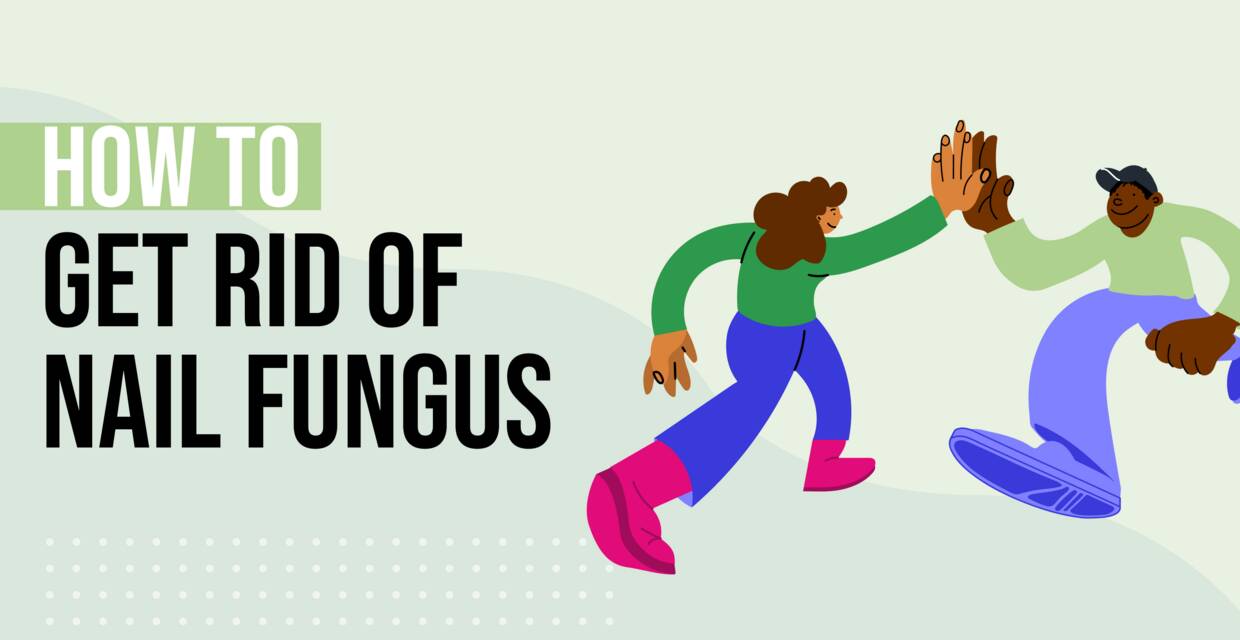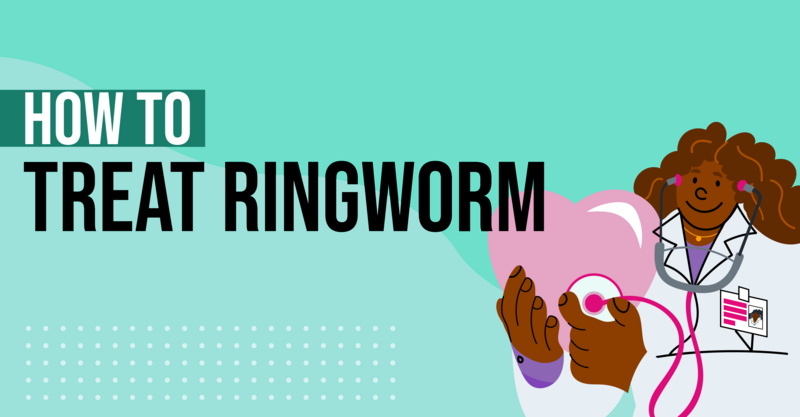Key Points
- Nail fungus, identifiable by yellow or brittle nails, can be caused by factors like poor hygiene, tight shoes, or a weakened immune system.
- Symptoms of nail fungus include thick, distorted, or crumbly nails, discoloration, foul smell, and in severe cases, detachment from the nail bed.
- Several natural remedies such as tea tree oil, apple cider vinegar, oregano oil, Listerine mouthwash, and baking soda can be used to treat nail fungus, alongside over-the-counter antifungal treatments.
- Preventing nail fungus involves maintaining clean, dry nails, wearing breathable shoes, using disinfectants or antifungal powders, and avoiding walking barefoot in public areas.
- Individuals with diabetes or a weakened immune system should consult a doctor for any foot-related issues, and if there's no improvement after a few weeks of treatment.
Have you noticed your nails turning yellow or more brittle than usual? You may have nail fungus, according to the Mayo Clinic. A fungal infection of the nail can begin as a white or yellow spot under the tip of your nail and can spread deeper into the nail bed over time.
Causes, Risk Factors, and Symptoms of Nail Fungus
Risk factors for nail fungus include poor hygiene, wearing tight-fitting shoes, walking barefoot in public areas (like swimming pools and locker rooms), and having a weakened immune system, according to the Mayo Clinic. The Mayo Clinic also notes that people who sweat excessively, have a history of athlete's foot, or have a family history of nail fungus are at a higher risk of developing the infection.
The symptoms of nail fungus include:
- Thickened nails
- Distorted nail shape
- Brittle or crumbly nails
- Yellow or brown discoloration of the nail
- A foul odor
- Separation from the nail bed (in severe cases)
What to do for Nail Fungus
1. Tea Tree Oil
Tea tree oil is believed to be a natural antifungal and antiseptic agent that can help treat nail fungus, according to Healthline. They recommend that you apply tea tree oil directly to the affected nail using a cotton swab, two to three times a day until your symptoms have resolved.
2. Apple Cider Vinegar
Apple cider vinegar is believed to have antifungal properties that can help in treating nail fungus, according to Healthline. They note that you can mix equal parts of apple cider vinegar and water in a bowl and soak your affected nails in the solution for 30 minutes. You can repeat this process twice a day until your nail fungus has cleared up.
3. Oregano Oil
Oregano oil is another natural remedy for nail fungus that could possibly help, according to Healthline. They recommend that you mix a few drops of oregano oil with a carrier oil like olive oil and apply it to the affected nail using a cotton swab. You can repeat this process two to three times a day until your symptoms resolve, they say.
4. Listerine Mouthwash
Listerine mouthwash is believed to have antifungal and antiseptic properties that can both help treat nail fungus, according to Medical News Today. They recommend that you soak your affected nails in Listerine mouthwash for 30 minutes twice a day until your symptoms resolve.
5. Baking Soda
Baking soda is thought to have antifungal properties that may help in treating nail fungus, according to Medical News Today. They note that you can mix baking soda with water to form a paste and apply it to the affected nail. You can leave it on for around 10 minutes and then rinse it off with water—repeating this process daily until you see improvement in your condition.
6. Over-the-Counter Antifungal Treatments
Over-the-counter antifungal treatments come in the form of creams, ointments, and sprays, according to Healthline. These products are highly effective in treating nail fungus and are available at most retail pharmacies.
How to Prevent Nail Fungus
Nail fungus is a common condition that can affect anyone. However, there are several ways to prevent it from happening in the first place. Here are some tips to help you keep your nails healthy and fungus-free, according to the Mayo Clinic:
- Keep your nails clean and dry
- Keep your nails trimmed, and smooth the edges with a file. Disinfect your nail clippers after each use.
- Wear absorbent socks or change your socks throughout the day if you are in a wet environment or sweating a lot
- Wear shoes that allow your feet to breathe
- Treat your shoes with disinfectants or antifungal powders
- Wear footwear in pool areas, locker rooms, and communal showers
- Choose a nail salon that uses sterilized manicure tools for each customer
- Don’t use nail polish and artificial nails
- If you have athlete's foot, treat it with an antifungal product
When to See a Doctor for Nail Fungus
Toenail fungus is usually something that can be treated with home remedies or over-the-counter antifungal medications. However, if there is no improvement after a few weeks of treatment, Medical News Today recommends that you speak with a doctor. Additionally, people with diabetes or a weakened immune system should consult a doctor for any problem with their feet, according to Medical News Today.
Summary of Home Treatments for Nail Fungus
Nail fungus can happen to anyone, but is most common if you struggle with hygiene, wear tight-fitting shoes, walk barefoot in public areas (like swimming pools and locker rooms), or have a weakened immune system, according to the Mayo Clinic. Here’s what you can do for it, according to the above sources:
- Tea tree oil
- Apple cider vinegar
- Oregano oil
- Listerine mouthwash
- Baking soda paste
- Over-the-counter antifungal cream, nail polish, or spray
Frequently asked questions
What causes nail fungus?
Nail fungus can be caused by poor hygiene, wearing tight shoes, or having a weakened immune system.What are the symptoms of nail fungus?
Symptoms include thickened, distorted, or crumbly nails, discoloration, a bad smell, and in severe cases, the nail may separate from the nail bed.What natural remedies can be used to treat nail fungus?
Natural remedies include tea tree oil, apple cider vinegar, oregano oil, Listerine mouthwash, and baking soda.Can over-the-counter antifungal treatments help with nail fungus?
Yes, over-the-counter antifungal treatments can be effective in treating nail fungus.How can I prevent nail fungus?
Prevention methods include keeping nails clean and dry, wearing breathable shoes, using disinfectants or antifungal powders, and not walking barefoot in public areas.Should I consult a doctor if I have nail fungus?
Yes, especially if you have diabetes or a weakened immune system, or if there's no improvement after a few weeks of treatment.Can nail fungus be a serious issue for people with diabetes or a weakened immune system?
Yes, individuals with diabetes or a weakened immune system should consult a doctor for any foot-related issues, including nail fungus.What should I do if my nail fungus doesn't improve after a few weeks of treatment?
If there's no improvement after a few weeks of treatment, it's advised to consult a doctor.
Solv has strict sourcing guidelines and relies on peer-reviewed studies, academic research institutions, and medical associations. We avoid using tertiary references.


 LinkedIn
LinkedIn










